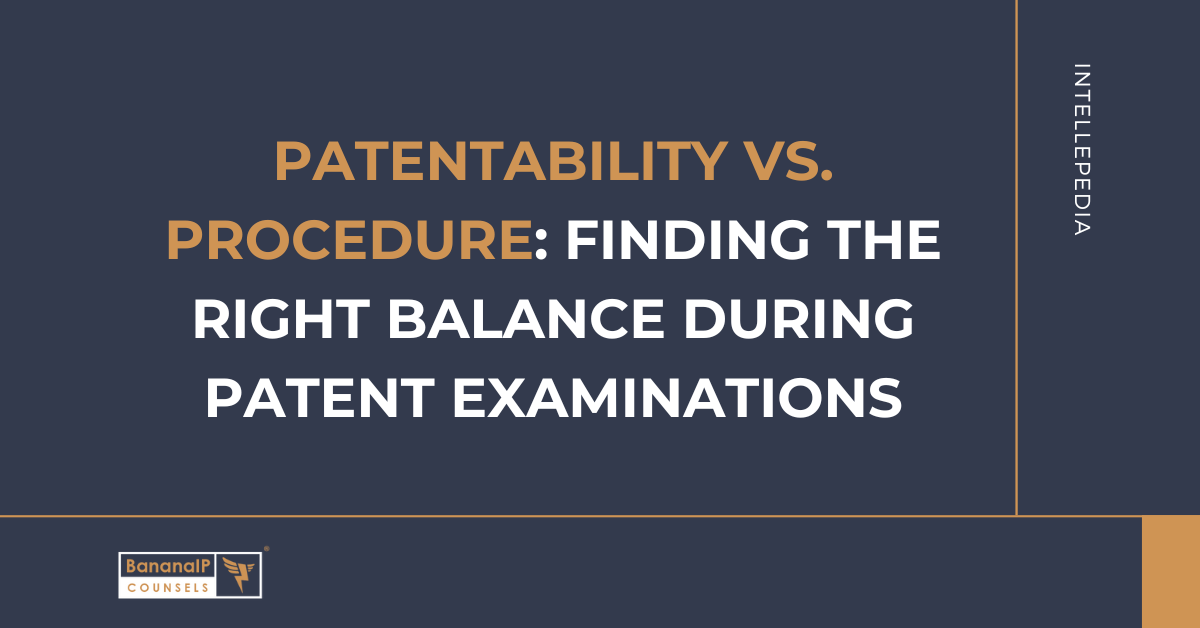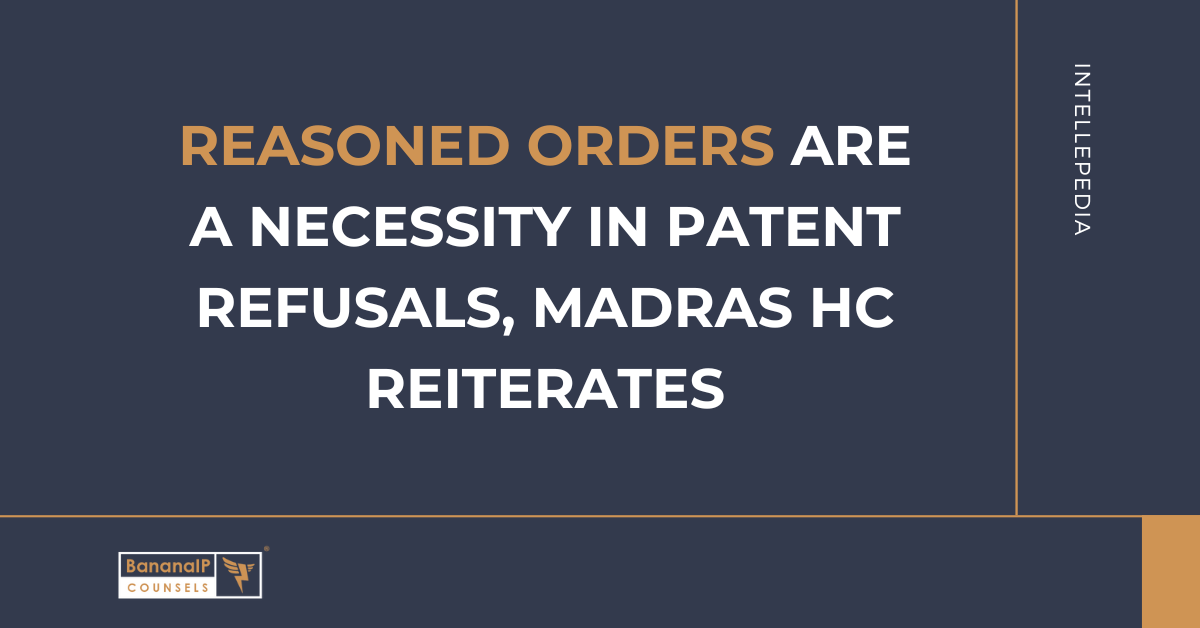The 2025 Draft CRI Guidelines issued by the Indian Patent Office refine the criteria for patentability of Computer Related Inventions (CRIs), emphasizing technical effect, inventive step, sufficiency of disclosure, and proper claim drafting for AI, blockchain, and emerging technologies.
Read more about From Algorithms To AI: Patentability Under The 2025 CRI Draft GuidelinesCategory: Patents
Patentability vs. Procedure: Finding the Right Balance during patent examinations
 Featured image for Patentability vs. Procedure: Finding the Right Balance during patent examinations
Featured image for Patentability vs. Procedure: Finding the Right Balance during patent examinations
The Delhi High Court ruled in favor of Arcturus Therapeutics, overturning the Controller’s rejection of its patent application on procedural grounds. The Court emphasized that procedural compliance should not override substantive examination, directing the Patent Office to reassess the application on its merits.
Read more about Patentability vs. Procedure: Finding the Right Balance during patent examinationsMadras High Court Dismisses Patent Infringement Suit, Allows Coexistence of Technologies
The Madras High Court ruled on a patent infringement dispute involving Arumugam Rajendra Babu and Ashok Leyland over battery-swapping technology. The Court found no infringement and dismissed both the suit and counterclaims, allowing both parties to coexist. The ruling addressed prior art, novelty, and the scope of patent protection in the electric vehicle sector.
Read more about Madras High Court Dismisses Patent Infringement Suit, Allows Coexistence of TechnologiesFrivolous inventions and abstract theories – Delhi High Court refuses patent appeal
The Delhi High Court dismissed an appeal against the rejection of a patent application due to lack of novelty and a significant procedural delay of 701 days. The appellants, who had filed a patent application for black-colored wearables with claimed effects on human energy, failed to provide scientific evidence or technical merit. The court upheld the Indian Patent Office’s decision, emphasizing that abstract ideas are not patentable and reaffirming the importance of adhering to statutory deadlines for appeals.
Read more about Frivolous inventions and abstract theories – Delhi High Court refuses patent appealPatent Abandonment Overturned: Delhi HC Rules on FER Miscommunication
The Delhi High Court set aside the deemed abandonment of Waterotor’s Indian patent application, citing miscommunication regarding the First Examination Report (FER). The Court ruled that the lack of timely FER receipt justified reinstatement, directing the Patent Office to restore the application’s status to “pending” and allow a response within four weeks.
Read more about Patent Abandonment Overturned: Delhi HC Rules on FER MiscommunicationReasoned orders are a necessity in patent refusals, Madras HC reiterates
The Madras High Court overturned a patent refusal in Signal Pharmaceuticals vs. Deputy Controller of Patents, citing a lack of reasoning in the rejection order. The Court observed that the Patent Office failed to address the applicant’s arguments, disregarded amended claims, and provided no justification for the refusal under Section 2(1)(ja) and Section 3(d) of the Patents Act. The case was remanded for reconsideration, reinforcing the necessity of well-reasoned patent orders.
Read more about Reasoned orders are a necessity in patent refusals, Madras HC reiteratesMadras High Court Affirms Rejection of AI-Integrated Persona Patent
The Madras High Court dismissed an appeal challenging the rejection of a patent application for AI-integrated persona augmentation. The Court ruled that the invention lacked sufficient technical detail, inventive step, and patent-eligible subject matter under the Patents Act. It upheld the Controller’s decision, emphasizing the absence of tangible technical effects and clear disclosure requirements.
Read more about Madras High Court Affirms Rejection of AI-Integrated Persona PatentClarifying Patentability of Plant Treatment Methods under Section 3(h) and 3(i)
The Delhi High Court, in Syngenta Crop Protection AG vs. Assistant Controller of Patents and Designs, examined the rejection of an Indian patent application under Section 3(h) of the Patents Act. The Court ruled that plant treatment methods are distinct from agricultural processes, referring to the 2003 amendment to Section 3(i), and remanded the case for fresh examination with amended claims.
Read more about Clarifying Patentability of Plant Treatment Methods under Section 3(h) and 3(i)The Draft guidelines for AYUSH Patent Applications
The Intellectual Property (IP) Office has issued Draft Guidelines for the processing of patent applications related to AYUSH systems and related inventions. These guidelines aim to streamline the evaluation process of patent applications concerning Ayurveda, Yoga & Naturopathy, Unani, Siddha, Sowa-Rigpa, and Homeopathy.
Read more about The Draft guidelines for AYUSH Patent ApplicationsCourt clarifies distinction between business methods and technical inventions in section 3(k) related case
The Delhi High Court set aside the Indian Patent Office’s rejection of Comviva Technologies Limited’s patent application under Section 3(k) of the Patents Act, 1970. The Court recognized that the invention provided a technical advancement in securing electronic payment transactions. It directed the Patent Office to proceed with granting the patent, subject to any further objections under the law.
Read more about Court clarifies distinction between business methods and technical inventions in section 3(k) related case







